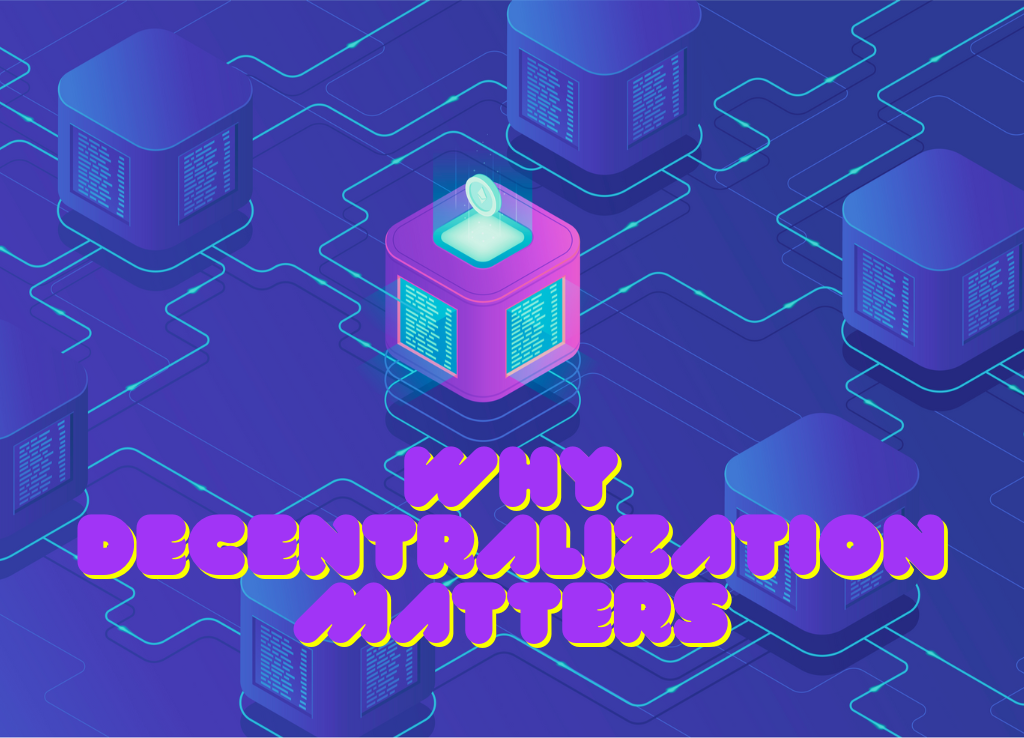There are a number of reasons why decentralization is important. Perhaps the most obvious reason is that it can help to prevent the concentration of power in the hands of a few individuals or groups. This can lead to greater democracy and a more equal distribution of resources.
Another reason why decentralization is important is that it can help to promote economic development. This is because decentralization can lead to the development of new industries and the growth of existing ones. This can create jobs and generate income, which can in turn help to reduce poverty and improve living standards.
Decentralization can also help to protect the environment. This is because decentralized systems are often more efficient in their use of resources, and they can help to reduce pollution and other forms of environmental damage.
Finally, decentralization can help to foster social cohesion. This is because it can bring people together and help them to develop a sense of shared identity and purpose. In turn, this can lead to greater trust and cooperation, and a more cohesive society.
Decentralization in Cryptocurrency
Cryptocurrencies are digital or virtual tokens that use cryptography to secure their transactions and control the creation of new units. Cryptocurrencies are decentralized, meaning they are not subject to government or financial institution control.
Bitcoin, the first and most well-known cryptocurrency, was created in 2009. Since then, thousands of other cryptocurrencies have been created. Cryptocurrencies are often traded on decentralized exchanges and can also be used to purchase goods and services.
How are cryptocurrencies decentralized?
Cryptocurrencies are decentralized because they are not subject to government or financial institution control. Instead, they are managed by a network of computers that run the cryptocurrency software. This decentralized structure allows for a high degree of freedom and privacy, and it also makes cryptocurrencies resistant to censorship and fraud.
Cryptocurrencies are often traded on decentralized exchanges. These exchanges are not subject to government or financial institution control, and they allow for the direct peer-to-peer trading of cryptocurrencies.
Cryptocurrencies can also be used to purchase goods and services. While there are a few centralized businesses that accept cryptocurrencies, most merchants that accept them are decentralized, meaning they are not subject to government or financial institution control.
What are the advantages of decentralization?
The main advantage of decentralization is that it allows for a high degree of freedom and privacy. Cryptocurrencies are resistant to censorship and fraud, and they can be used to purchase goods and services without the need for a third party.
Decentralization also has a number of other advantages. For example, it can help to promote economic development and protect the environment. Additionally, decentralization can foster social cohesion by bringing people together and helping them to develop a sense of shared identity and purpose.


0 responses to “Why decentralization matters”